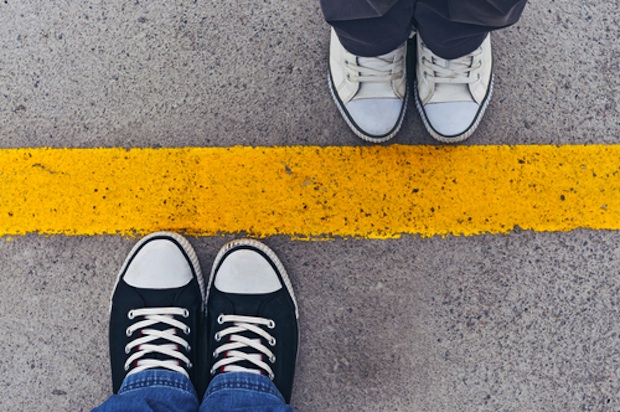In reading feedback about Brittany Maynard’s physician-assisted suicide, I wondered: How much empathy do we possess, as individuals and as a culture? Do we truly even know what empathy is, and what behavior it requires of us?
When Maynard went public with her decision about how and when she would end her life on November 1, 2014, I was immediately transported back to my mother’s last months in 2009. She was faced with the same cancer as Brittany, and after the 11-hour brain surgery, an inserted chemo-wafer into the brain, and a few follow-up radiation sessions (“for the doctors’ benefit” she said), she set about doing what was necessary to exercise her right to die.
For those of us helping my mother achieve this end, it was a difficult, emotional roller-coaster journey for which none of us could have been prepared. After the second or third date that had come and gone, without my mother having been able to follow through, there was no escaping that spiritual turmoil I was experiencing. I was wrestling with empathy.
The empathy I learned from my mother’s and sister’s experiences has enabled me to act more compassionately toward everyone I meet, not just those in distress.
I believe when we attempt to express empathy, we are really attempting to reach a part of ourselves that is never truly reachable. When I attempt to be empathetic, I find myself asking, “What would I do if I were in their shoes?” This is a decent start, but the more accurate question is “What would it feel like to be in their shoes?”
This subtle difference involves having the humility to put my own beliefs and values on hold long enough to gain even minimal understanding of what someone else is experiencing.? It involves the ability to truly listen to others.
When my sister was dying last year at the age of 59 due to bone cancer, I was not wrestling with empathy anymore. Empathy was the gift my mother gave me through her dying process so that I could be there for my sister with better ears for listening, with a more open heart for loving, and with a more open mind for understanding that while I could never truly know the depths of her fears or frustrations during her final days, I was at least making the attempt. The empathy I learned from my mother’s and sister’s experiences has enabled me to act more compassionately toward everyone I meet, not just those in distress.
Empathy is a form of perception that requires an open heart, an open mind, and the kind of personal introspection that inevitably reveals how we can never, ever know exactly what it feels like to be someone else. However, when we are making the attempt to understand someone else in the context of what that person happens to be experiencing at a given moment, we are being better listeners, which may be the first step required of us along our path towards empathy.

